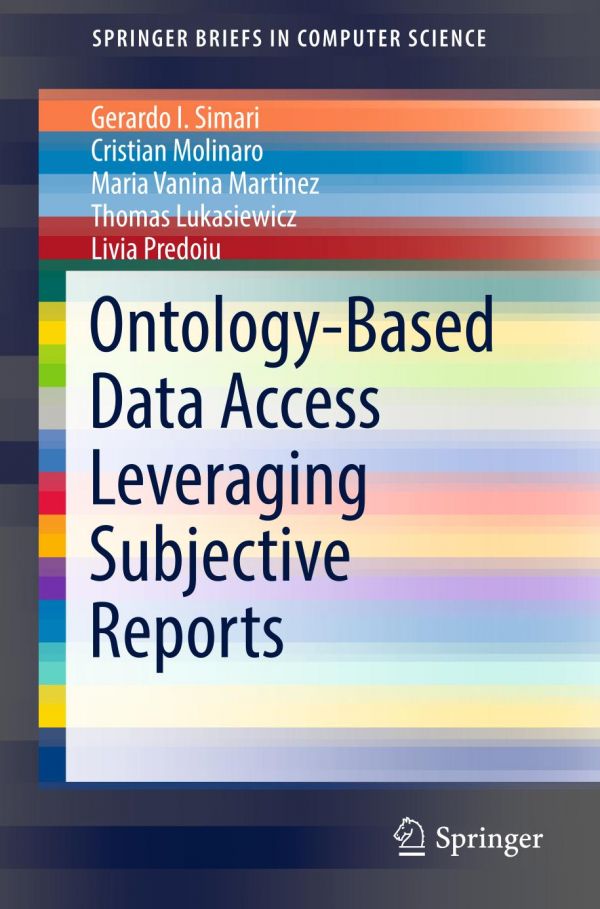

Most ebook files are in PDF format, so you can easily read them using various software such as Foxit Reader or directly on the Google Chrome browser.
Some ebook files are released by publishers in other formats such as .awz, .mobi, .epub, .fb2, etc. You may need to install specific software to read these formats on mobile/PC, such as Calibre.
Please read the tutorial at this link: https://ebookbell.com/faq
We offer FREE conversion to the popular formats you request; however, this may take some time. Therefore, right after payment, please email us, and we will try to provide the service as quickly as possible.
For some exceptional file formats or broken links (if any), please refrain from opening any disputes. Instead, email us first, and we will try to assist within a maximum of 6 hours.
EbookBell Team

5.0
70 reviewsThis SpringerBrief reviews the knowledge engineering problem of engineering objectivity in top-k query answering; essentially, answers must be computed taking into account the user’s preferences and a collection of (subjective) reports provided by other users. Most assume each report can be seen as a set of scores for a list of features, its author’s preferences among the features, as well as other information is discussed in this brief. These pieces of information for every report are then combined, along with the querying user’s preferences and their trust in each report, to rank the query results. Everyday examples of this setup are the online reviews that can be found in sites like Amazon, Trip Advisor, and Yelp, among many others.
Throughout this knowledge engineering effort the authors adopt the Datalog+/– family of ontology languages as the underlying knowledge representation and reasoning formalism, and investigate several alternative ways in which rankings can b
e derived, along with algorithms for top-k (atomic) query answering under these rankings. This SpringerBrief also investigate assumptions under which our algorithms run in polynomial time in the data complexity.Since this SpringerBrief contains a gentle introduction to the main building blocks (OBDA, Datalog+/-, and reasoning with preferences), it should be of value to students, researchers, and practitioners who are interested in the general problem of incorporating user preferences into related formalisms and tools. Practitioners also interested in using Ontology-based Data Access to leverage information contained in reviews of products and services for a better customer experience will be interested in this brief and researchers working in the areas of Ontological Languages, Semantic Web, Data Provenance, and Reasoning with Preferences.